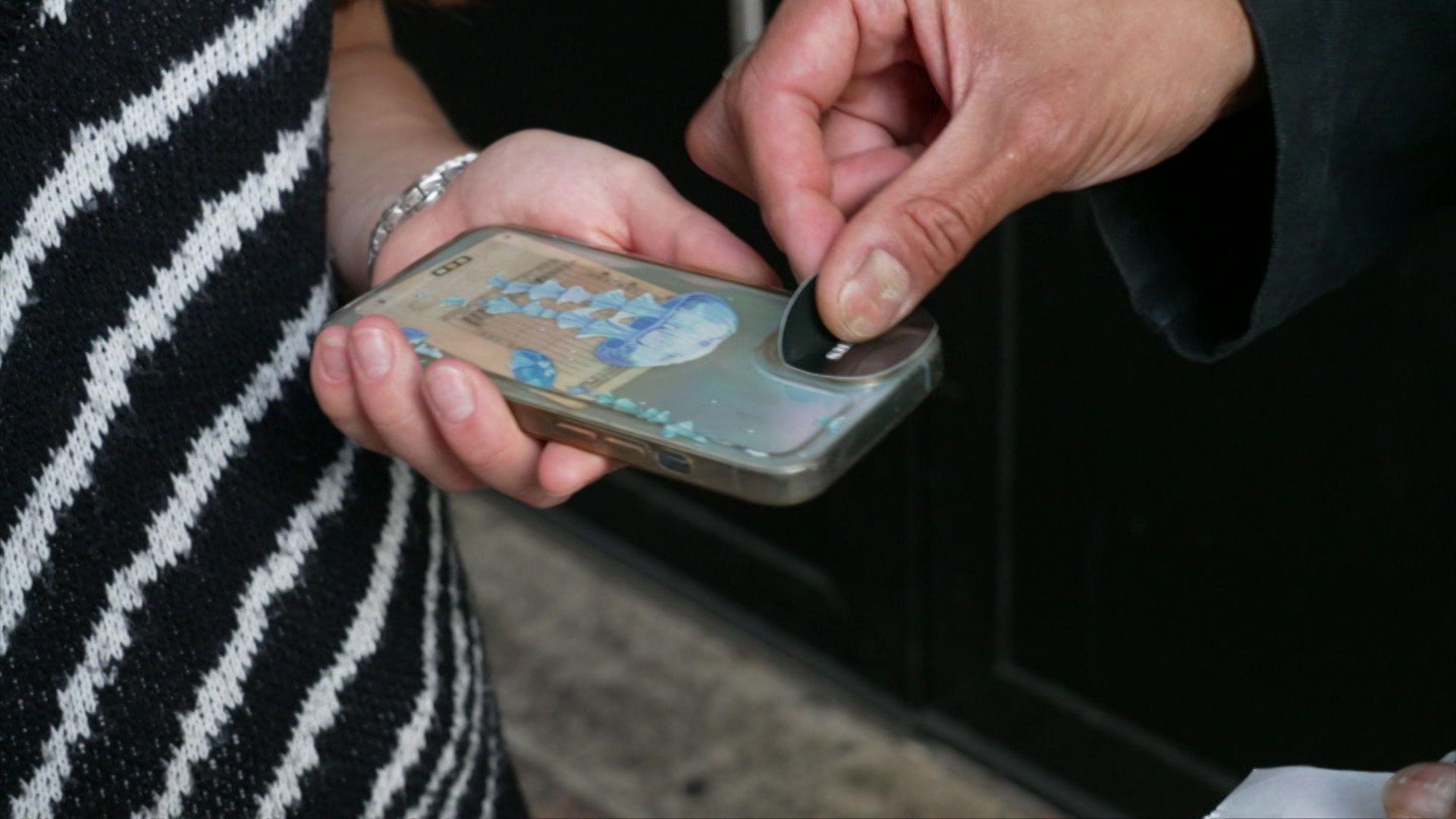'UK clubs need tsunami of Berlin-style phone bans'
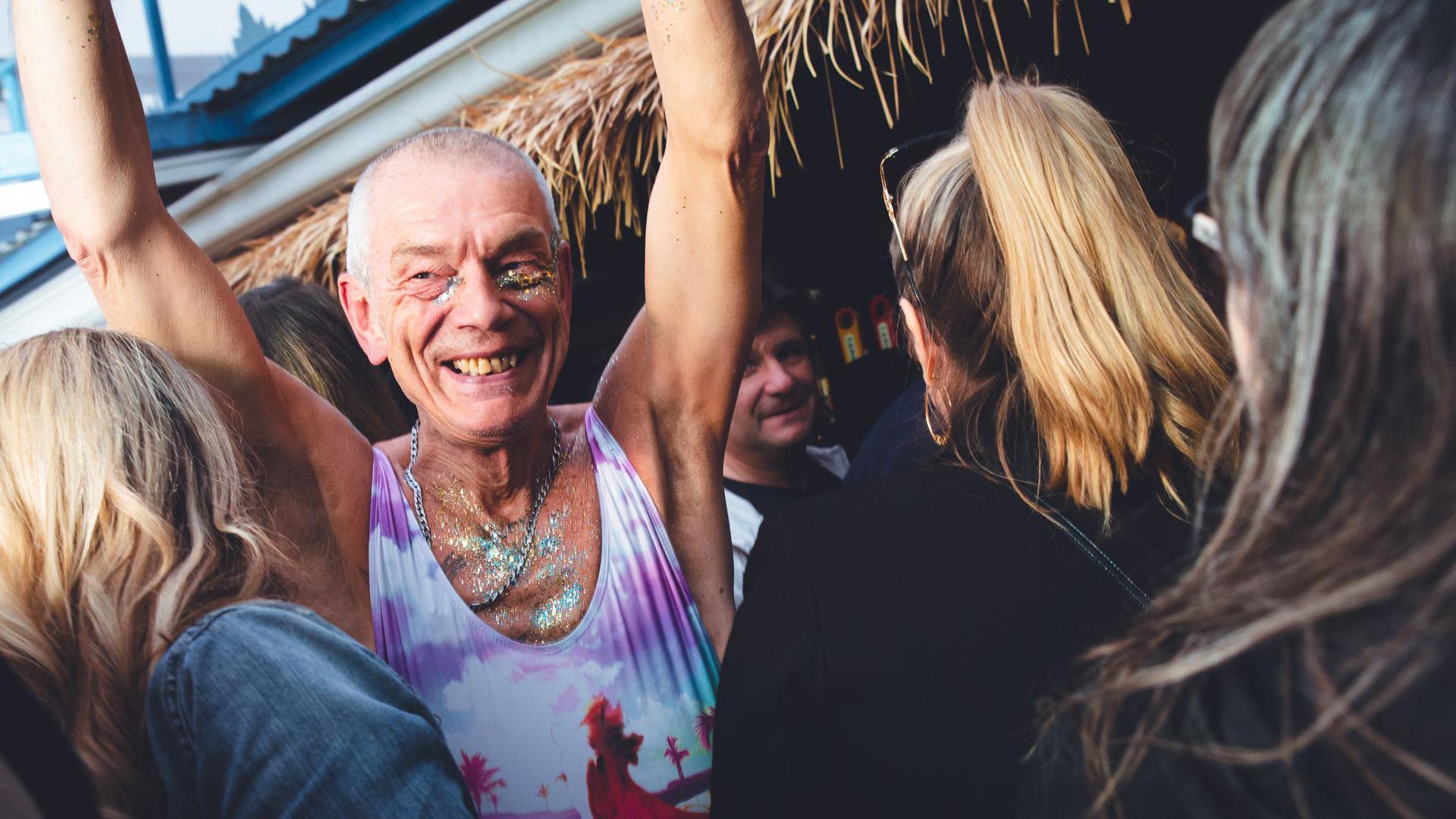
Michael Peacock said phone-free venues are "such a wonderful experience"
- Published
A 68-year-old raver who was filmed dancing in a nightclub without his consent - which led to a spate of abuse - is calling for a "tsunami" of filming bans in venues.
Michael Peacock was filmed dancing in Fabric, London, in December 2023 and unbeknown to him the video was posted online and led to dozens of offensive comments within days.
On 6 September, Lakota in Bristol and Warehouse Project in Manchester officially launched their first club nights in which filming was banned - an approach popularised in Berlin.
Mr Peacock told the BBC: "I've noticed this year the tide seems to be finally turning. [But] I don't want it to be a tide, I want it to be a tsunami of UK venues going phone-free."
Mr Peacock, who lives everyday as a barefoot walker in Blackheath, London, said being filmed "changed everything" for him.
"My heart sank. It was really horrible, really vile. There was quite a lot of homophobic undertones," he said.
"It made me realise that once someone films you, you have no control over where that goes or how it's used."
The incident happened more than two years after Fabric implemented its photo and filming ban, which Mr Peacock said has been stricter since.
He said phone-free venues are "such a wonderful experience".
"A phone can't replicate some of my greatest experiences of my clubbing lifetime, none of them have been recorded," he said.
"A venue saying that it is no-phones already tells us something about the crowd they want.
"And also, by taking a photo, you're destroying the moment even as you're documenting it.
"My mottos is - music, not your phone, is the answer to your problems. Keep on moving."
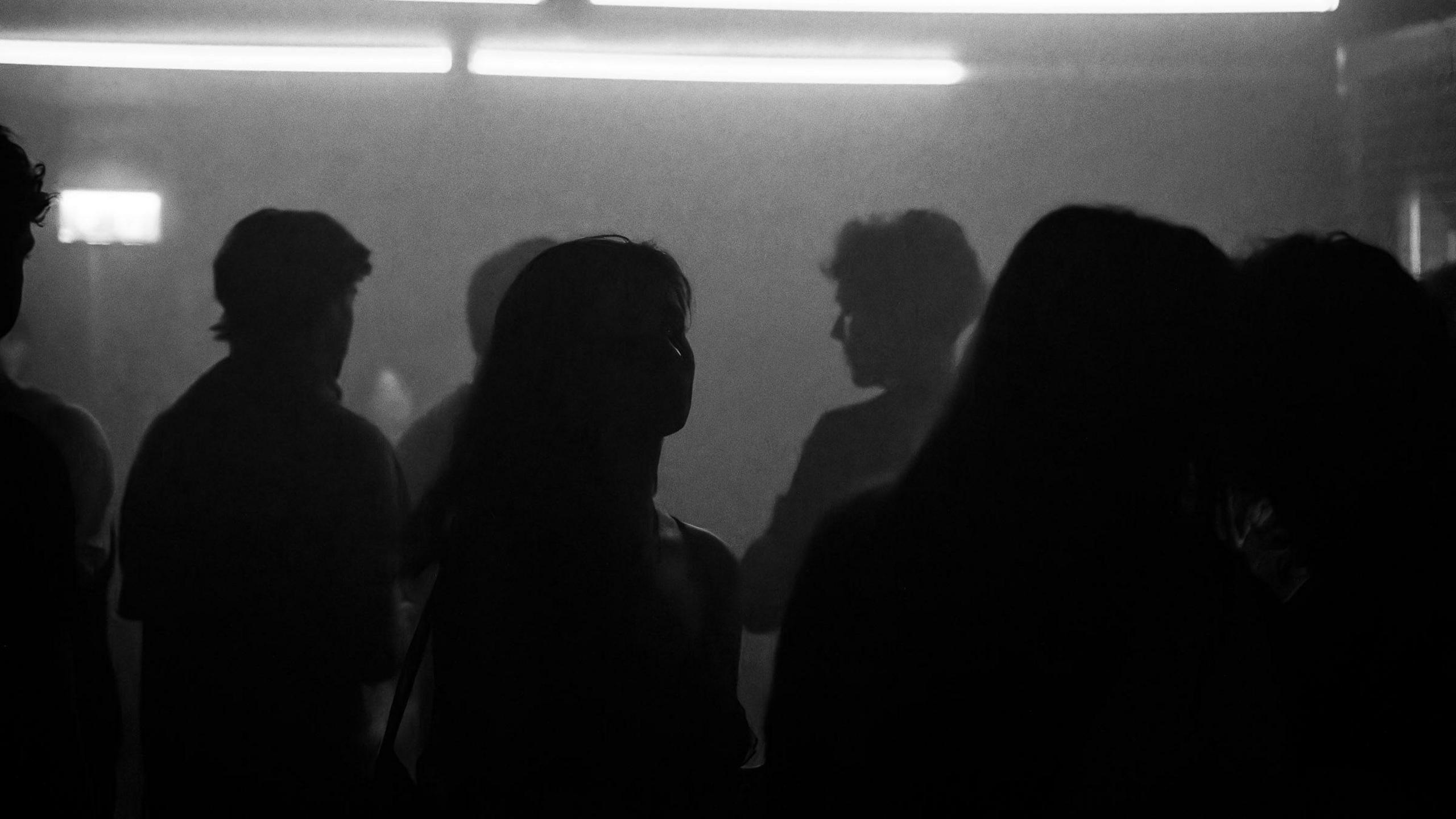
Lakota launched the filming ban in its new Moon Club space on 6 September
Lakota became the first nightclub in Bristol to ban filming to "create a space where people can really be present" in its new Moon Club.
The club said anyone who repeatedly flouts the policy will be asked to leave.
"The no-phones policy was a real success," Hywel Gregory, Lakota's head of marketing said.
"Aside from a couple of isolated cases, we didn't see any phones on the dance floor at all, and those few people were very understanding and corrected their behaviour straight away when asked politely."
Mr Peacock, who was invited to the club's opening night which was on his 68th birthday, said it was a "1980s-vibe authentic rave".
The approach is being followed by clubs across the country and world, including Ibiza.
In Manchester, Warehouse Project banned filming in its Concourse section of the club, with people required to place a sticker - provided by staff - over their phone's cameras.
The venue said it wanted to "take the clubbing experience back to its core, which is being in a room with like-minded people feeling connected through music".
The BBC has approached the club for further information about how the night went.
Amber's Club in Manchester has been operating a no-phones policy since opening in December 2024.
Similarly, singers and performers are also introducing phone-bans such as Bob Dylan who launched the policy for his UK tour in 2024.
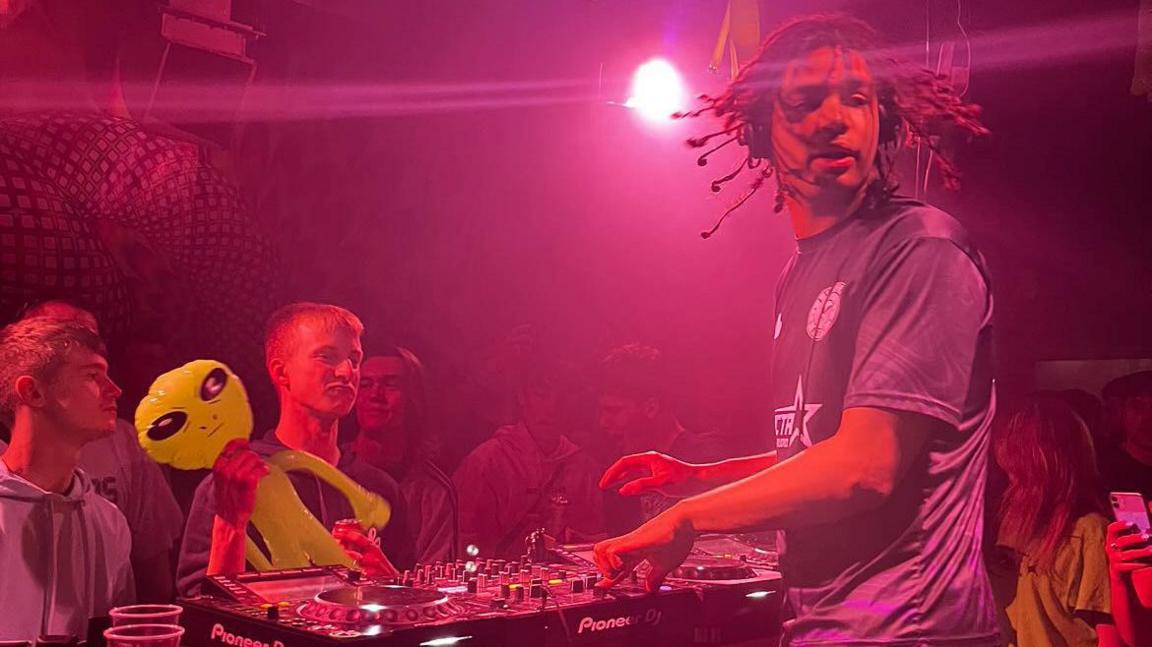
Anton Bailey, a Bristol-based DJ, said phone bans are a "good concept"
Anton Bailey, a DJ who runs Bristol-based drum and bass record label Invicta Audio, said the policy could help younger people who "probably haven't really felt or experienced as much" nightlife.
"They've grown up watching Instagram reels and TikTok," the 25-year-old from Cheltenham, Gloucestershire, said.
"It's all these short clips of DJs playing, and they want to get their version of it to put on their social.
"I think it [filming ban] is a really good concept.
"I also think, for myself, if I was recording on my own camera and audio for the set and my socials, it means I'm going to have a really engaged audience rather than a crowd of phones.
"Obviously loads of torches can look quite cool in some places, but it's better to have everyone on the dance floor going crazy to your music, rather than a sea of phones."
'Phone bans have powerful effects'
The policy is largely influenced by Berlin which is famous for strict door policies including a mysterious selection process, and spreading narratives as well as phone-bans to enhance the clubbing experience.
Research from the University of Bath, King's College London and Freie Universität Berlin published in March explored Berlin's approach to creating a "powerful" cultural scene which gained Unesco status last year.
Dr Ilias Danatzis, from King's College London, told the BBC they found nightclubs having Berlin-style policies "triggers some sort of a self-selection process".
"[It] deters the wrong people who are only coming to clubs to film and take pictures for the consumption of social media, such as the so-called TikTok ravers," he said.
"By having those policies in place you also make sure you attract the right crowd who're coming there to enjoy the moment, and you deter the ones that might go for other reasons that might deter the atmosphere in the end."
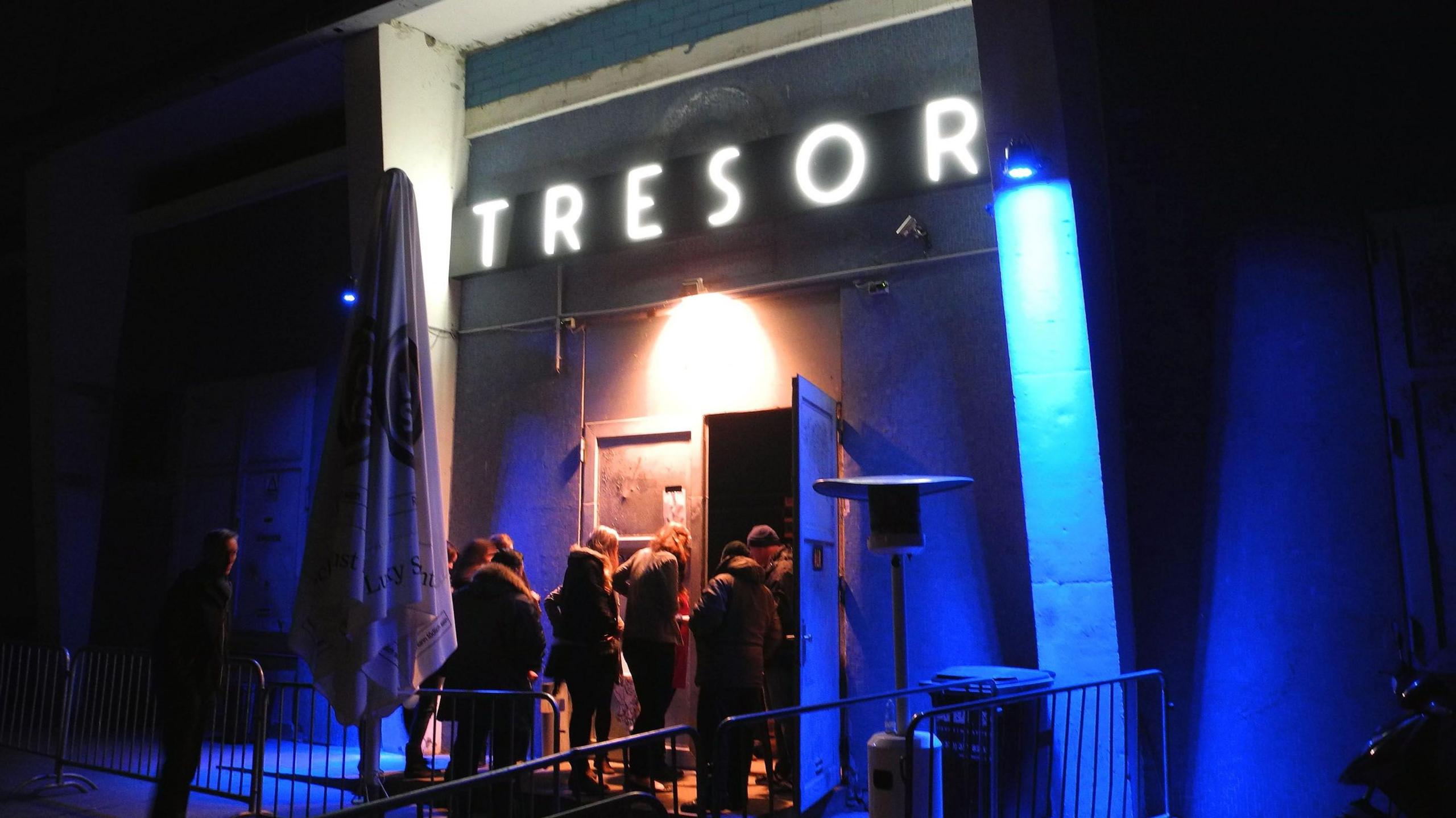
Nightclubs in Berlin are famous for strict door policies which create a different atmosphere
Dr Tim Hill, from the University of Bath, said banning filming in clubs is "a really simple policy, but it can have very powerful effects".
"The power of banning phones intensifies the experience that people really want," he said.
"Because these moments of deep, emotional synchrony and climax require people to get on the same page.
"It requires them to synchronise emotions and behaviours in a large crowd of people. And phones ruin this.
"They provide temporary moments of self-centred escape, and they prevent that shared experience from intensifying and climaxing over the course of an evening."
Dr Danatzis added the policies "might also be a way of making nightclubs more attractive, endearing and getting more people in the doors".
He said: "A very big question club owners need to ask themselves is what type of crowd they would like to have.
"Is it the performative crowd that is there to take pictures and for the consumption social media?
"Or is it people who are actually living in the moment and would like to integrate and interact with other people, more of an authentic experience?"
Get in touch
Tell us which stories we should cover in Bristol
Follow BBC Bristol on Facebook, external, X, external and Instagram, external. Send your story ideas to us on email or via WhatsApp on 0800 313 4630.
- Published12 August
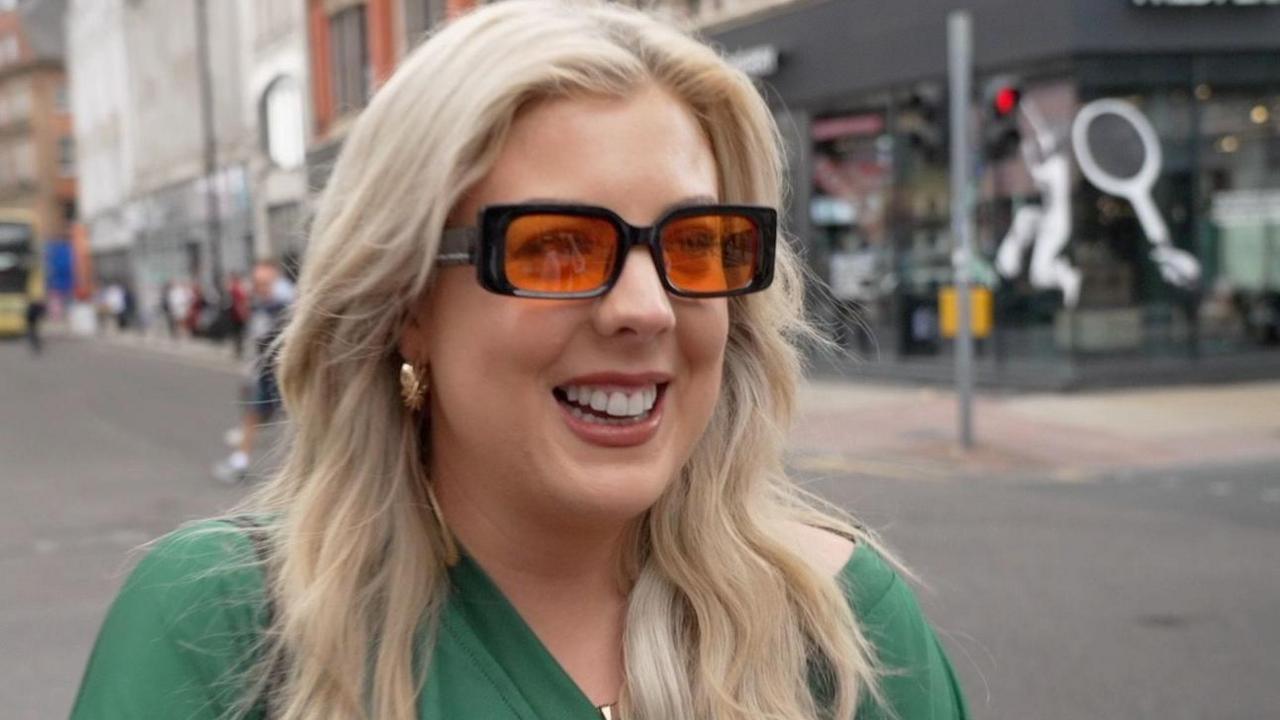
- Published5 August
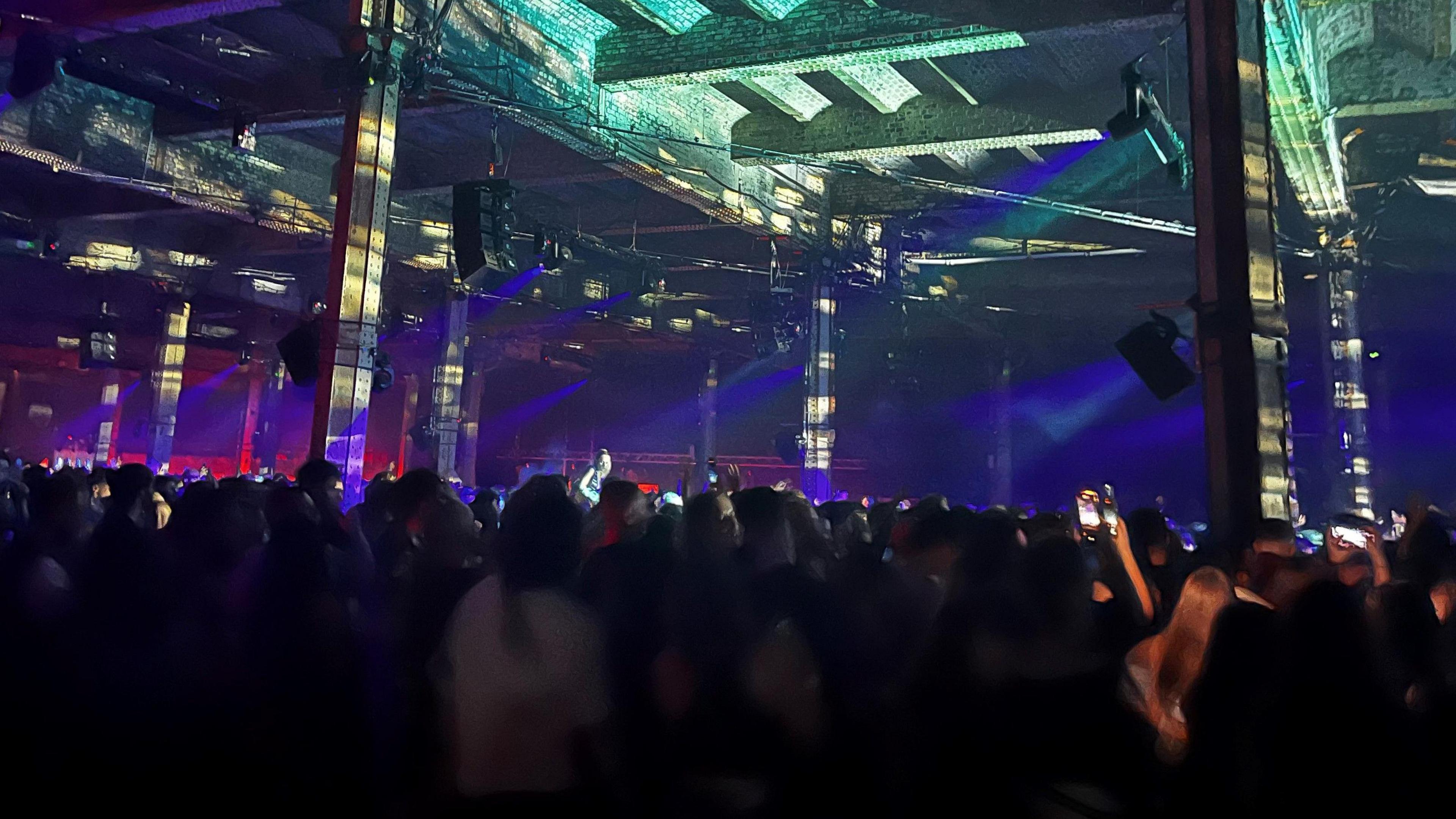
- Published15 August
